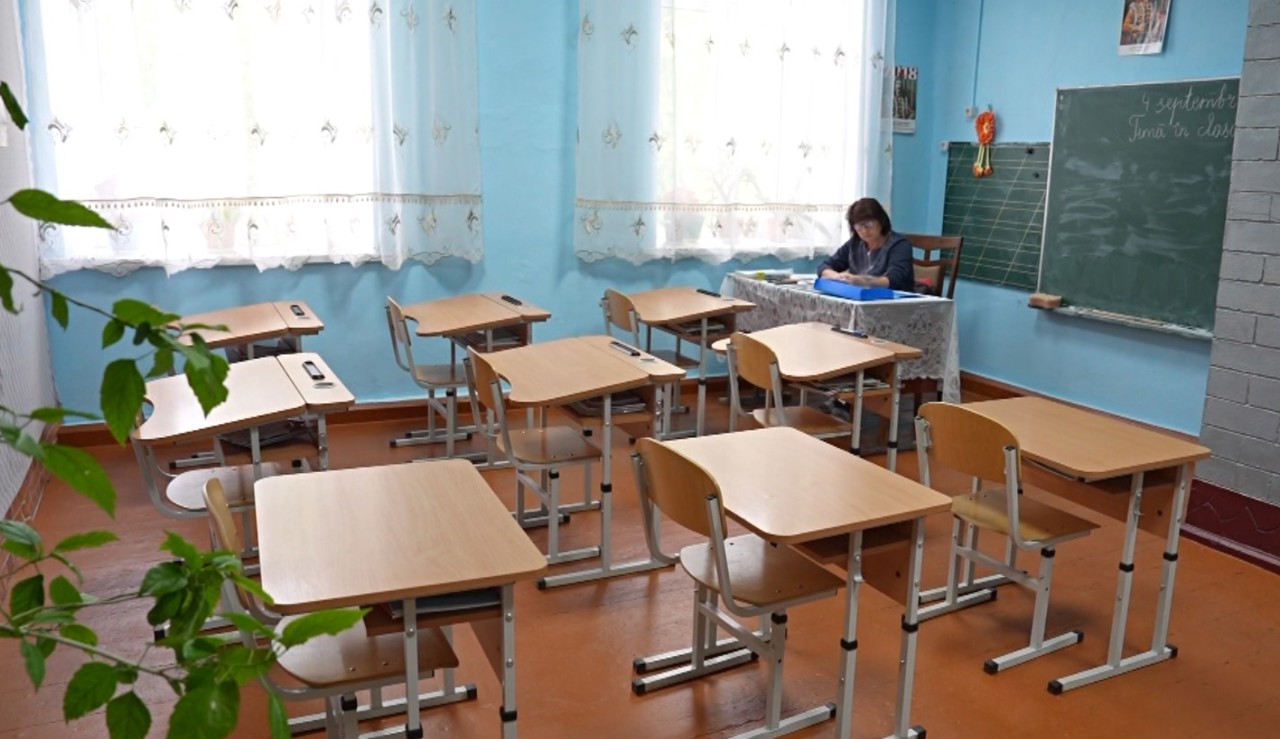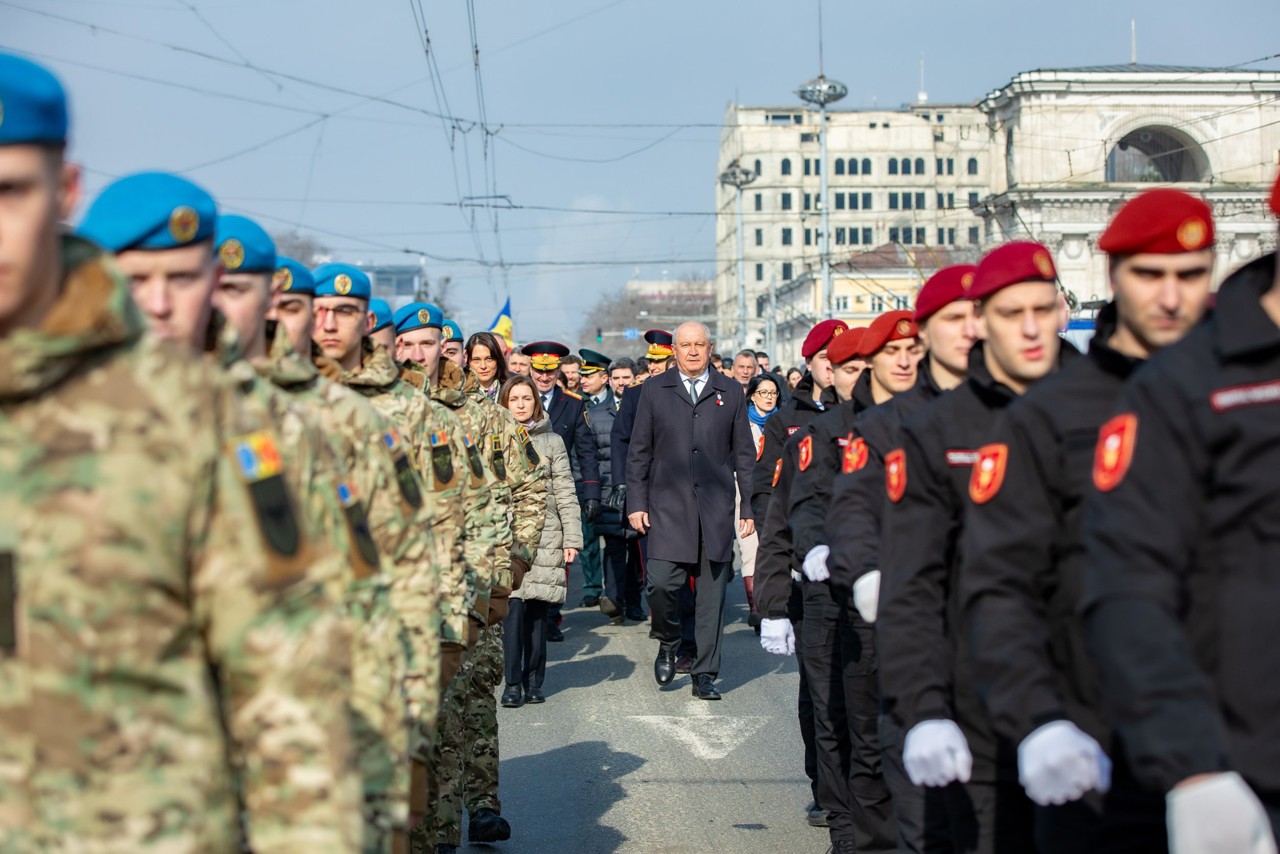Moldova embraces municipal amalgamation for progress
Nine municipalities in the Republic of Moldova have initiated the process of voluntary amalgamation, with an additional 60 expressing interest in this initiative, stated Deputy Secretary-General of the Government, Andrei Strah, during an appearance on Moldova 1's "Good Morning" program.

Strah emphasised that this process will yield significant benefits, including an increase in the quality of education within the educational institutions of the merging localities.
By pooling resources, the newly consolidated municipalities will be able to provide high-quality services, maintains Strah. "Amalgamation inherently leads to development. In instances where there will be only one school, that school will provide significantly higher quality educational services than the two or three that existed previously."
Furthermore, amalgamation could also lead to a greater capacity to attract external funds. If the number of beneficiaries increases, the services become more promising, the official specified. "Consequently, a proposal for an infrastructure or service project is taken much more seriously when it comes from a community with a larger population," Strah noted, emphasising that larger towns have a greater chance of accessing European and international funding.
It is important to clarify that the amalgamation process involves the absorption of villages, communes, cities, or municipalities by a nearby locality with stronger administrative capacities, thus forming a new administrative-territorial unit. There are also a few conditions: the new unit must have at least 3,000 inhabitants, and the town hall must be able to cover the expenses for at least 12 employees, in addition to a few other conditions.
In November 2023, the government approved the methodology for voluntary amalgamation and announced that localities will receive financial support to prepare for this process.
Translation by Iurie Tataru





